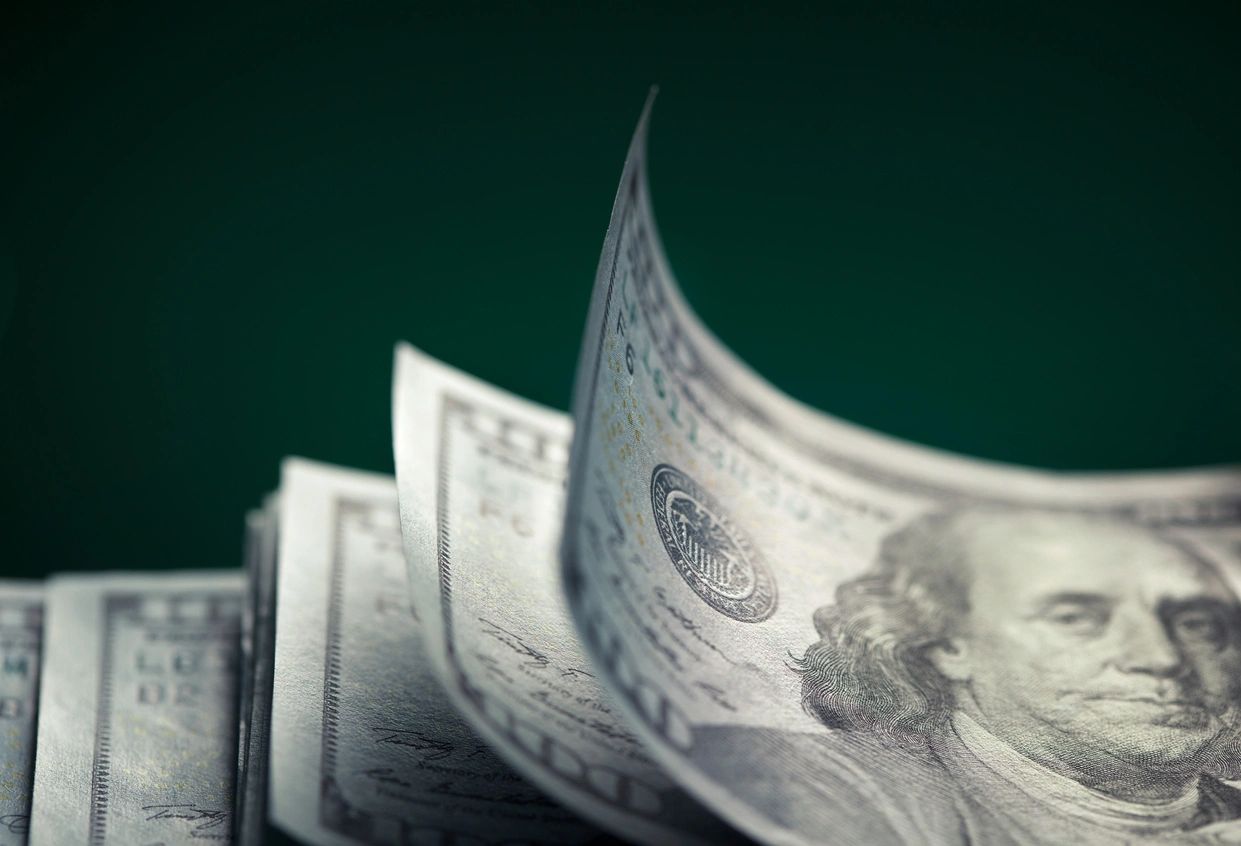In general, honey contributes Calories primarily because of its sugar concentration. Adhering to the American dietary recommendations, the daily consumption of honey should ideally remain below 10% of your total calorie intake. To illustrate, on a 2000 Calorie diet, it’s advisable to limit honey consumption to a maximum of 200 Calories.
A single tablespoon of honey provides about 60 Calories. Importantly, honey also contains trace amounts of valuable nutrients and beneficial compounds that contribute to overall well-being. These include vitamin C, vitamin B6, and antioxidants, which can have positive effects on health.
Honey constitutes a food rich in both calories and sugars, warranting cautious consumption. Excessive intake may result in sudden blood sugar elevation and potential digestive discomfort. Individuals with diabetes are particularly vulnerable to adverse effects. Moreover, it’s advised to refrain from introducing honey to infants under one year old due to associated health risks.
Honey has the potential to trigger infantile botulism, a rare yet severe gastrointestinal ailment initiated by Clostridium botulinum spores. This condition can manifest as wheezing and asthmatic symptoms, along with various adverse effects such as dizziness, nausea, vomiting, weakness, excessive perspiration, fainting, and irregular heartbeats (arrhythmias).



